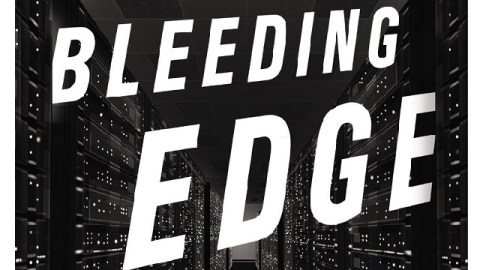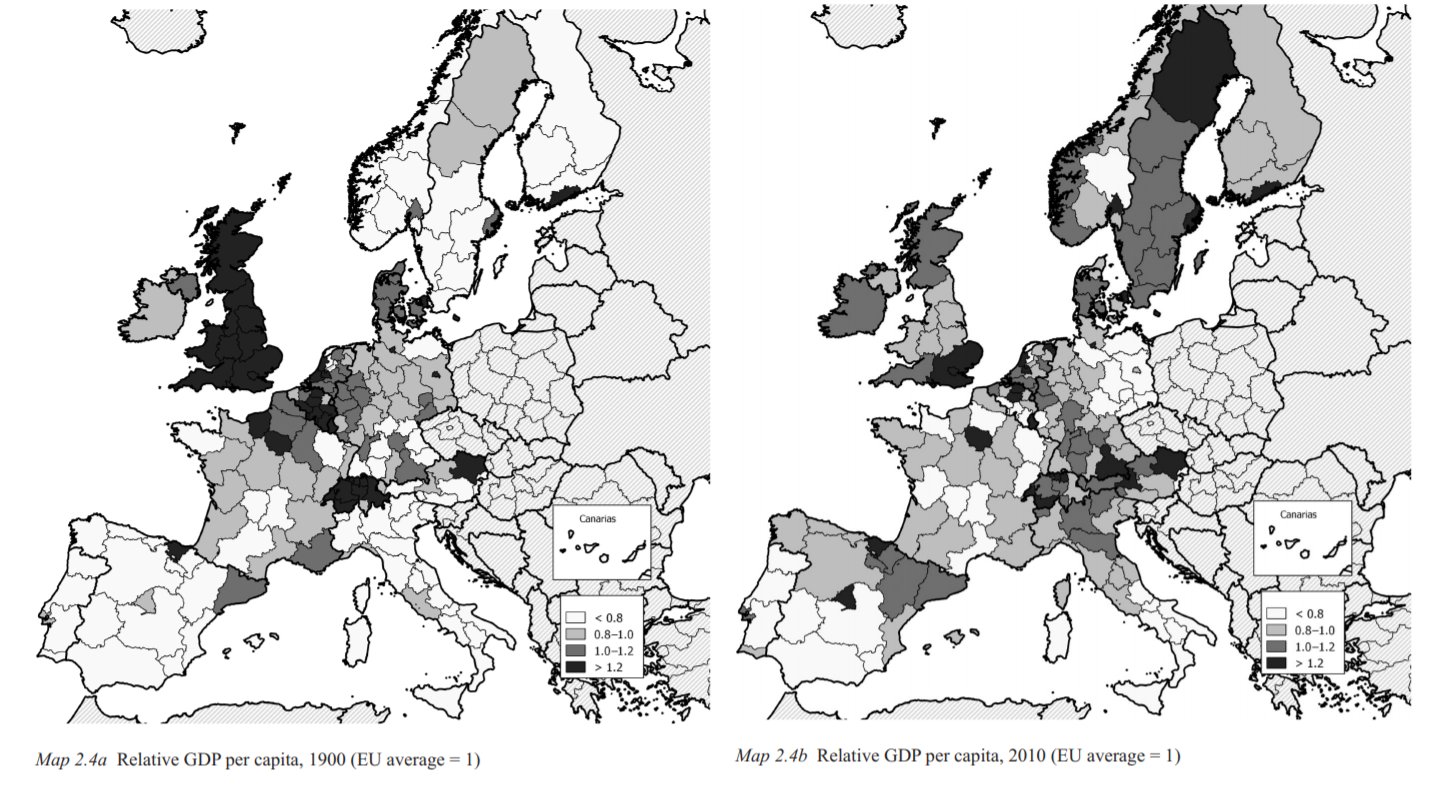Has Reality Finally Caught Up to Thomas Pynchon?

“Paranoia’s the garlic in life’s kitchen,” remarks the central character, Maxine Tarnow, of Thomas Pynchon’s latest novel, Bleeding Edge. “You can never have too much.” Pynchon seasons his latest epic voyage into the American psyche with enough paranoia to ward off even the most persistent of vampires, if not his critics. Since winning the 1974 U.S. National Book Award for Fiction for Gravity’s Rainbow, Pynchon’s watched the trajectory of his stature as a novelist steadily rise, all while he remains grounded in a worldview based in a distrust of systems and a faith in the individual. Bleeding Edge begins just before September 11, 2001, in the calm after the bust of the dotcom boom and before the storm of the terrorist attacks on America and the ensuing and never-ending War on Terror. Pynchon travels back a decade to show us the beginnings of the American age of paranoia, an age that might one day be called the Age of Pynchon. With Bleeding Edge, can we accept that reality has finally caught up to Thomas Pynchon?
Pynchon takes his title from the concept of “bleeding edge technology”—technology so cutting edge that it hurts, financially in terms of the monetary cost of keeping it running and psychologically in terms of its unreliability for still being in basically the testing stage. For Pynchon, the internet remains bleeding edge technology regardless of how we view it. As in all his books, Pynchon dives deep into the language of the internet itself and resurfaces with a fresh appreciation to share with his readers. What The Crying of Lot 49 was to snail mail, Bleeding Edge is to e-mail and online communication. Many of the characters in Bleeding Edge work in the virtual world in the wake of the dotcom crash and still feel the aftershocks. At the center of the web of internet-related intrigue is a program titled DeepArcher, both a pun on “departure” as well as perhaps an allusion to Aristotle’s archer analogy in his Nicomachean Ethics that likened the search for a good life to the quest of an archer to hit the bull’s eye. All of Pynchon’s characters miss the mark to varying degrees, but the fact that they keep trying to the end gives all his work its poignancy.
All the usual suspects of Pynchonianism appear in Bleeding Edge: eccentricities such as “professional nose” Conkling Speedwell’s obsession with how Adolf Hitler would have smelled, snicker-worthy character names (Vip Epperdew, Nick Windust, and others), sudden breaks into little doggerel ditties, groan-worthy puns (a ladies fitness center offering pole-dancing classes called “Body and Pole”), and an almost endless range of cultural allusions (from opera and Bernie Madoff to Space Ghost and Scream, Blacula, Scream). For the uninitiated, the first dip into Pynchon’s pool can be chillingly intimidating, but once you allow yourself to splash around in the playfulness of the text, you’ll find the water’s more than fine.
All those stylistic touches, however, serve as a framework for the real star of any Pynchon novel—the system, the plot, the conspiracy that drives the paranoia of the characters and the involved reader. The New York Times’ Michiko Kakutani slammed Bleeding Edge as “weirdly Pynchon Lite” based on what she saw as a plague of two-dimensional characters. I’ll concede to Kakutani her point about the fullness of the characters, but I’ll counter that the real main character in Bleeding Edge is the internet itself, which emerges with a stunning three-dimensionality. In the post-9/11 world of Bleeding Edge, the internet becomes a kind of modern Elysian Fields where those killed in the attacks spend a virtual afterlife as avatars. Just as Odysseus is shocked and saddened to see his comrade Elpenor among the dead in Book 11 of Homer‘s Odyssey, Pynchon’s Maxine expresses her shock and sadness over the dead of September 11th there, but not there, in the virtual world of DeepArcher. Such departures from the madcap into the sublime mark the true greatness of Pynchon, who rewards those who follow him into the depths.
Ultimately, Bleeding Edge is a cautionary tale of the internet and post-9/11 America. “11 September infantilized this country,” a character rails. “It had a chance to grow up, instead it chose to default back to childhood.” The security blanket infantilized America reached for was the internet, where all your dreams seemingly come true. Maxine’s father alludes to the government and military origins of the internet when he says “[i]t was conceived in sin, the worst possible.” “As it kept growing,” he continues, “it never stopped carrying in its heart a bitter-cold death wish for the planet.” Long before anyone heard of Edward Snowden, Pynchon knew that just because you’re paranoid doesn’t mean that nobody’s after you. (NSA, are you listening?) Rather than freedom, the internet offers only control: “Everybody connected together, impossible anybody should get lost, ever again.” Those are strong words from an author who’s resisted the public eye for the past 40 years, who values the freedom to “get lost.” He anticipates a day when we all wear “Dick Tracy’s wrist radio,” which will be the “handcuffs of the future.” Try watching the Samsung Galaxy Smart Watchcommercial with all the pop culture references (including Dick Tracy) now and not think of Pynchon.
As I read Bleeding Edge and the adventures of Maxine as a fraud investigator, I couldn’t help but draw parallels to Herman Melville’s grossly underrated, last full-length novel The Confidence-Man. In Melville’s 19th century, people suffer from a loss of confidence in the face of forces (political, social, economic) increasingly beyond their control and allow themselves to believe any “con” played before them. In Pynchon’s 21st century, the internet becomes the big “con” we use to shelter ourselves against the forces fraudulently offering us freedom and opportunity in exchange for compliance and control. Is that paranoia? More importantly, is that justified paranoia? The Bleeding Edge cuts through all the noise of modern America and strikes a clear, troubling warning bell for us to “get lost” before we lose our souls.
[Image: Detail of cover to Thomas Pynchon’s Bleeding Edge.]





